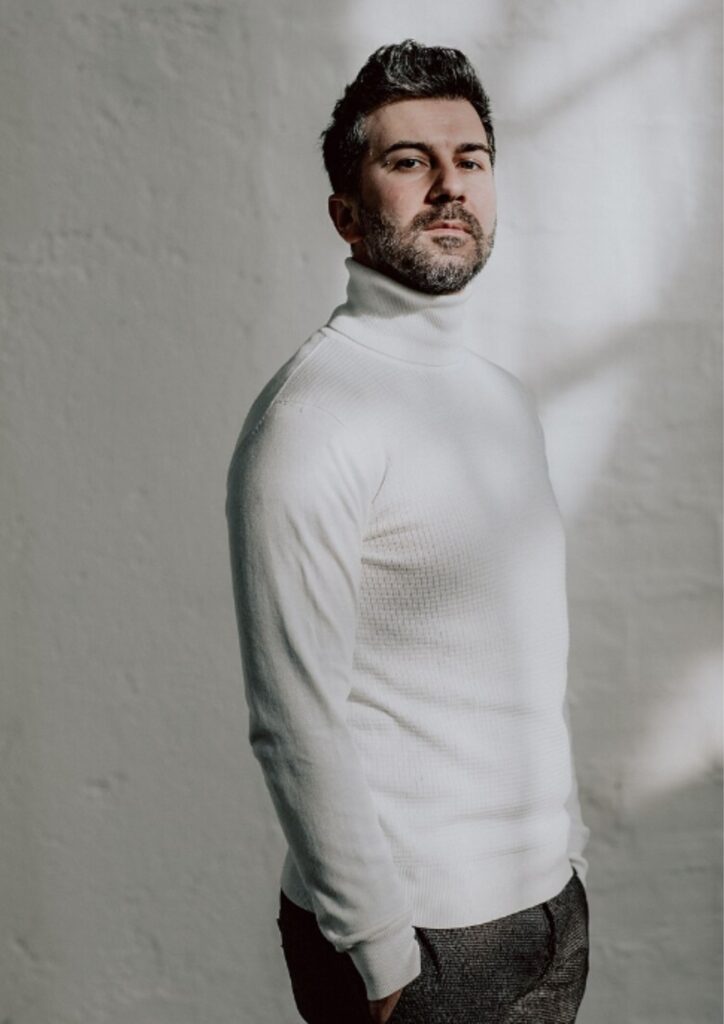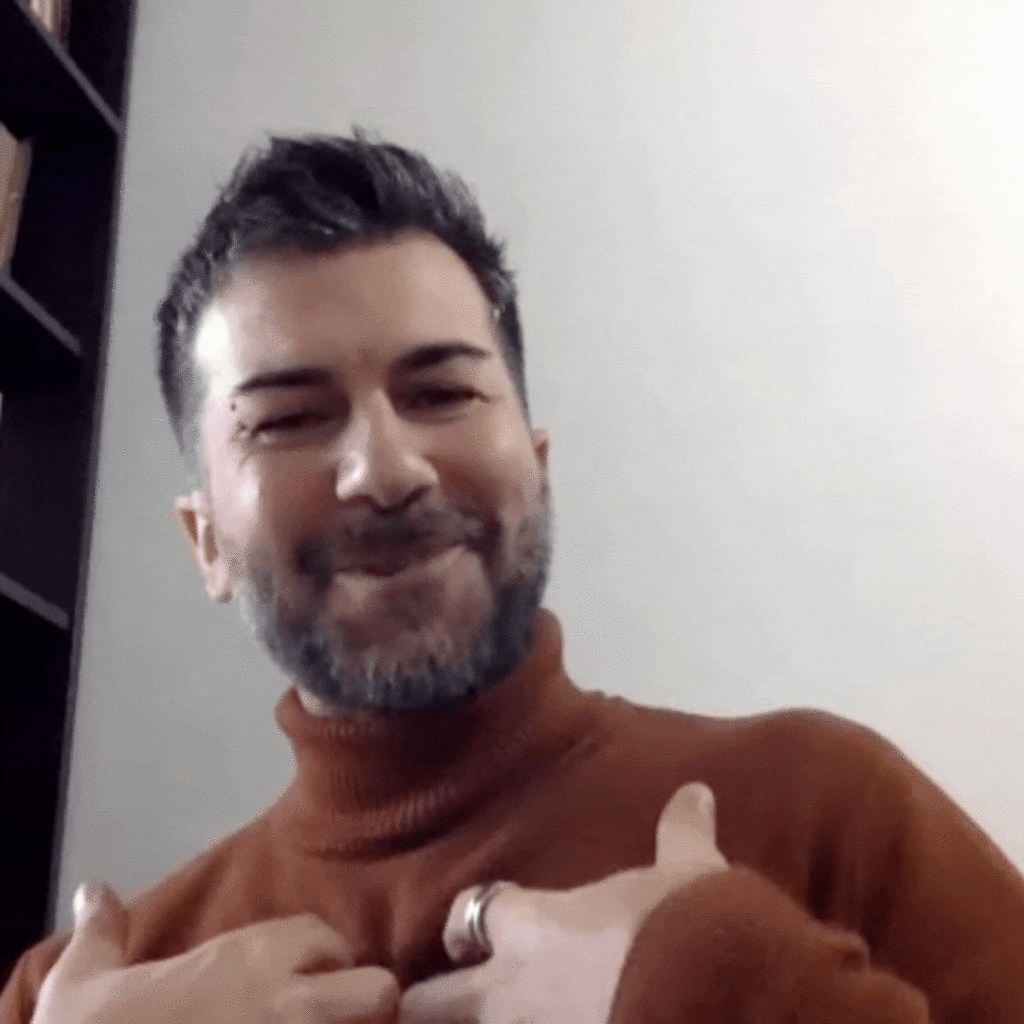
Can you make a small presentation about yourself?
Here Marco Attura. I am an Italian conductor, composer, and pianist. I have many many passions but I absolutely cannot live without the sea, video games, my red motorbike and of course without music.
Can you tell more about your journey in composition and opera? How did it start?
I started composing before even learning to play the piano, when I was twelve. I was fascinated in listening to the notes that become sound, a magic that has always been with me.
After listening and conducting many operas, I wrote my opera five years ago: a work on the hidden side of the moon. It was a beautiful experience, but studying and playing the music of other composers it’s beautiful too as there is always something new to discover from them.
What inspired you as a composer? Do you have someone or something that gave you inspiration?
Regarding life, I don’t have a precise figure to follow and I want to be a sponge, absorbing the beautiful and the simple things of the moment. Musically, I have several composers who inspire me. Petrassi, Arvo Pärt, Francis Poulenc. But generally speaking, I think we must be ourselves without emulating anyone.
Can you tell us your reflections about the world of opera adapting to our times? How do you think opera can involve more young people?
In order to write an opera it’s fundamental to know today’s society. We have to know the past and we must know the present where we live; we must have new eyes to see in which direction to go. Today it doesn’t make sense to write music like Puccini or Verdi did. We must write like Benjamin, Marco, Paavo, and many, many others.
Moreover, the secret is to know theatre, comedy and tragedy, and to have the perception of the passage of the time. A composer should write real stories.
Can you tell us your reflection about using new technologies in opera? How do you think Technology can influence opera and your work?
Many people believe that opera must be done on the streets to bring people closer. I think this is wrong. Opera is done for the theatre and people must find a new comfort zone here. The meeting between music, cinema and technology gives new charm and vitality to the opera. If you don’t want to lose contact with reality and you want to reach the new generation, you must take tradition and combine it with new technologies.
Have you ever worked with young people in general, and how do you feel about it?
Yes, I work a lot with young people and I work every day with my students. I teach score reading at the conservatory in Naples. I give them my experience and they give me the curiosity and the desire to learn. It’s a beautiful and necessary feeling for me to work with them.
What are your expectations for Project Butterfly?
I expect a great cooperation between Italy, Poland, and Finland. It will be an opportunity to create something new and really beautiful. I hope our result is appreciated by everyone and can be an example to always build beautiful things.

How will the theme of earth affect your method of composition?
I haven’t decided yet because I’m waiting to read the opera booklet.
The earth is the home and the place of origin of humanity. Our legs take power from the earth and support our body. I will write tribal, massive but also spiritual, mystic, and mysterious melodies. However, the text written by the students will inspire me.
Do you think that opera could be sustainable? Will sustainability be an essential factor in the future of opera?
It’s necessary to promote a cultural change, to look for new solutions, in order to change things and build a respectful society.
For example, in the theatre it’s possible to recycle materials. Adopting the principle of eco design so that all temporary production is reusable; using ecological products to build scenes and costumes; installing combined LED lights with movement sensors. It will be a new discovery also for me.
Do you have a message for the students that selected you?
Thank you. Thank you for having loved my music that I hope has come to your heart. This is very important for me. I will give you a new composition and it will be an extraordinary journey together. Grazie.
All rights reserved | comms.projectbutterfly@gmail.com| Privacy policy